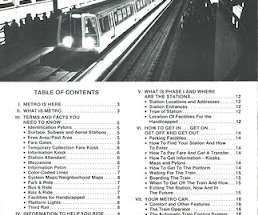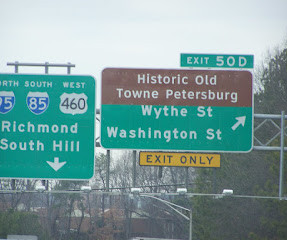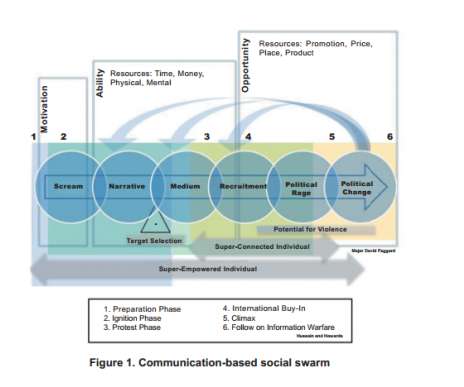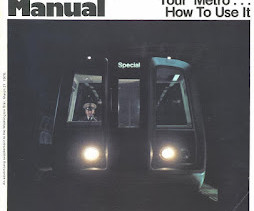WMATA is pathetic: of course it belongs to "the public"
Rebuilding Place in Urban Space
SEPTEMBER 23, 2022
Though I am privileged to be the general manager, it’s your Metro, so please let us know how we can serve you better. I am empowering all staff members to own our service outcomes and to proudly represent America’s transit system. As you travel the region this fall, I hope you will choose Metro.












Let's personalize your content